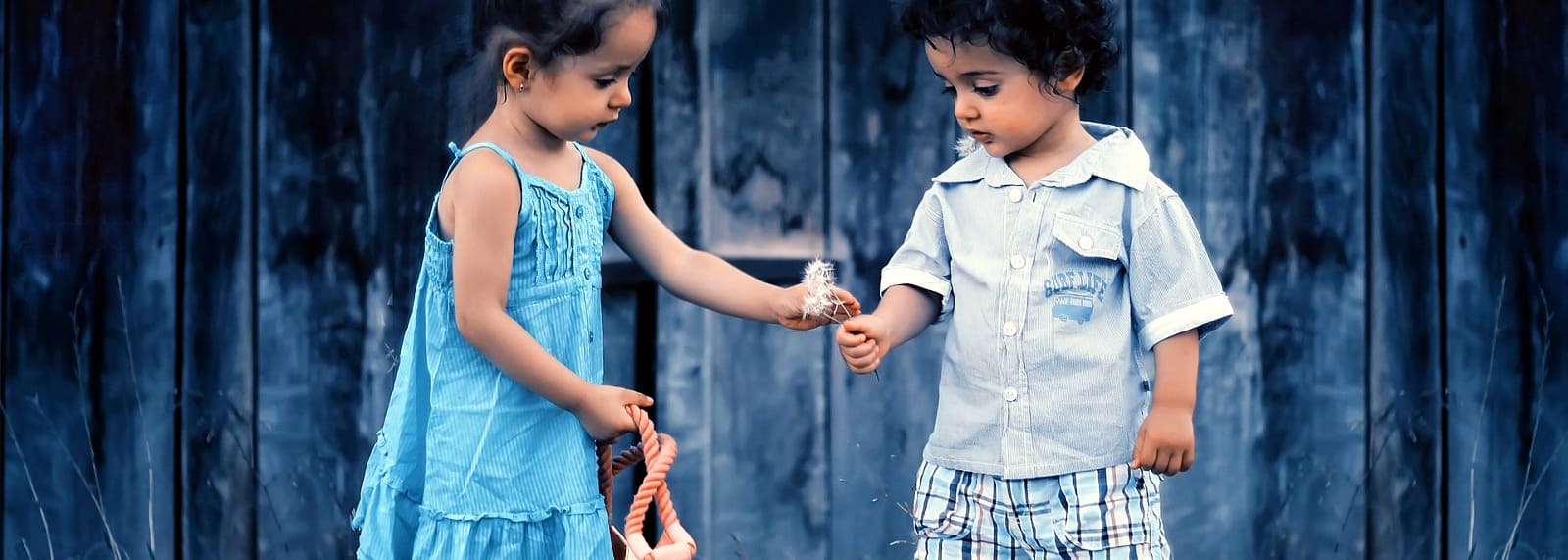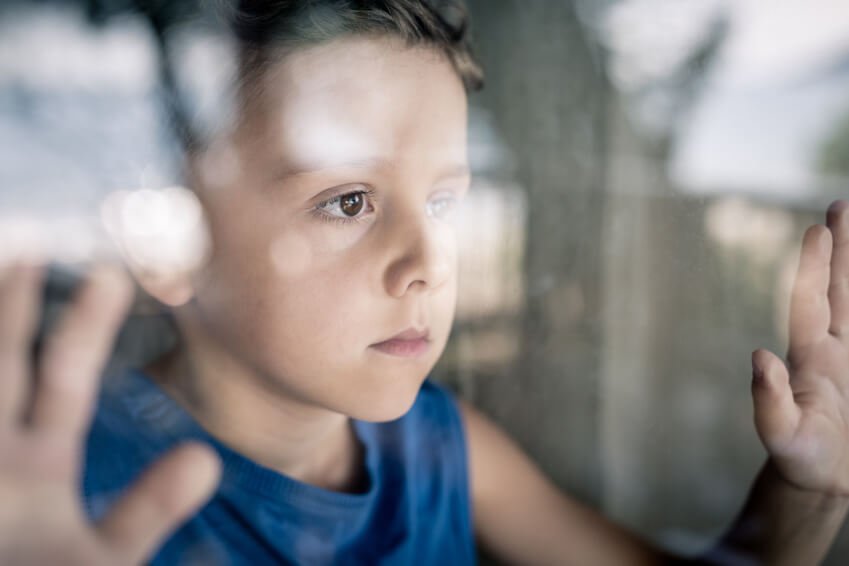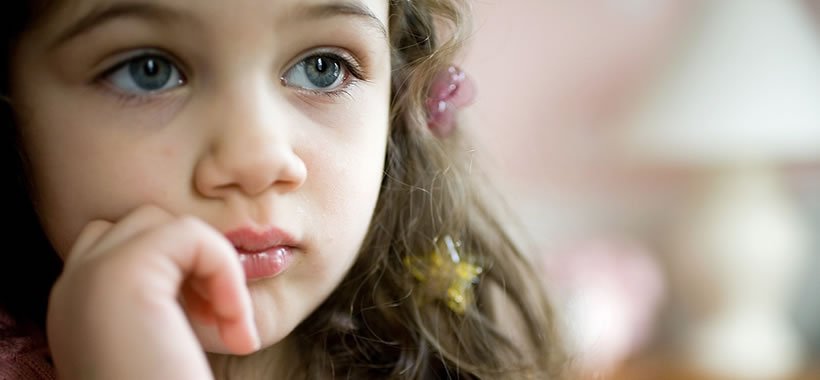There are many very different ideas and definitions of autism buzzing around on the Internet and also in science. Here I would like to clear up some myths, errors and prejudices.
This article has been shared more than 3457 times.

Is autism no illness.
Autism is a way of being, a nature, a nature.
Is autism Not psychologically.
Autistic people are just like that. Today, this way of being is mostly explained by the fact that the brain of autistic people is different from that of non-autistic people, i.e. an alternative brain design, an unusual neurological wiring, a different way of processing perceptions. The concept of neurological diversity also comes from this perspective: no two brains are the same and autism is part of this diversity.
Are people in the autism spectrum Not all the same.
Non-autistic people are different and individual, why should autistic people all be the same? Autism is a broad spectrum of different skills, lifestyles, worldviews etc. Some believe that autistic people are more different from each other than non-autistic people because they do not follow the social group pressure that requires a certain adjustment.
Asperger syndrome and autism are Not clearly distinguishable from each other.
All the people who have a diagnosis from the autism spectrum (early childhood autism, Asperger syndrome, high-functioning autism, atypical autism …) are far too different to be divided into two (or three or four) categories could. Or more precisely: you can do it. You take any criterion, e.g. the number of points in an IQ test. A person with 80 IQ points is considered high-functioning, one with 79 points as low-functioning. Or language: a child who speaks at the age of two is diagnosed with Asperger’s syndrome and one who speaks with three Years of speech begins to diagnose early childhood autism. (See also: "Asperger’s Syndrome and High-Functioning Autism: Is There a Difference?")
But what relevance do these criteria have? Today, autism is mostly viewed as a seamless continuum, and the different categories in the diagnostic manuals may be replaced by a diagnostic autism spectrum in a few years .
Is autism Not the result of emotional neglect, emotional stress, abuse, trauma, or fridge mothers .
The theory that autism was caused by cold, unemotional mothers emerged in the 1950s when mothers were blamed by default when their children were not what society wanted. Today we know that a non-autistic child is so good raising, however you want it will never be autistic &# 128521;
Is autism Not Rare.
Recent studies include more than one percent of people in the autism spectrum.
Concerns autism Not only children.
Autistic children don’t suddenly go away when they turn 18. Autistic children become autistic adults.
There are no normal person in an autistic glass ball .
Autism is inseparable from the personality of an autistic person. Autism colors every perception. Autism affects how someone thinks, feels, understands, reacts and interacts. To wish autism to go would be to wish that the person was someone else.
Autism is not curable .
Autism is not curable because:
- Autism is not a disease.
- Even if autism were a disease, there would be no process (for the foreseeable future) to make autism go away .
- Even if this were possible, most people in the autism spectrum would not want to be cured at all because autism is an inherent part of their personality and healing autism would mean wiping out their personality.
Is autism no tragedy.
Autism is often viewed negatively, especially for autistic people who do not use spoken language. Perhaps it is because they cannot comment on this themselves. However, there are many who started speaking at the age of six or even twelve and have clear memories of the time when they did not speak; and they often see this time as neutral to positive.
Although people in the autism spectrum in this society basically live in a hostile environment (overwhelming with stimuli, often incomprehensible, impatient and generally aimed at non-autistic people) and autism is constantly pathologized, many of them see autism positively. Many autistic people like to be autistic and would not want to be cured. You can be autistic and happy.
Is autism no new phenomenon.
Autism has probably always existed, but in the past people were not divided into psychiatric categories. The first detailed description of a child that we would call autistic today was written in 1799 by Jean Itard (the wild boy from Aveyron).
Autism means Not, not being able to speak.
Most people in the autism spectrum at least occasionally use spoken language; some talk very, very much. Children diagnosed with Asperger start speaking at their usual age. Others start speaking when they are three, others only when they are twelve, and others never speak, but communicate e.g. via pictures, sign language or computer.
When an autistic person learns to speak, it means Not, that she is no longer autistic.
Although it is sometimes sold as a miracle cure, many autistic people begin to speak at some point – without any therapy. That doesn’t necessarily mean that they will become average people at some point – but there are really enough of them.
Autism is seen in the people concerned Not on.
Autistic people look like other people. You probably wouldn’t recognize an autistic person as autistic if you met one.
Is autism no mental disability.
There are many very intelligent autistic people. Non-speaking people in the autism spectrum are also often intelligent.
Autism means Not giftedness.
The distribution of intelligence in the autism spectrum is probably the same as in non-autistic people: some learn very quickly and others take a little longer. Everyone has their own talents and weaknesses.
Autism means Not, to have a special talent like Rainman.
Savants are people who have an extremely unusual talent, e.g. tremendous memory performance. That’s very rare. A few autistic people have such unusual abilities that they are called savants. Many others don’t. There are also non-autistic savants, even if there seems to be an above-average number of them in the autism spectrum. Many people in the autism spectrum have excellent skills, but they are less spectacular.
Autism means Not a general rejection of social contacts.
Many autistic people want to get in touch with others, but do not know what a socially appropriate way of contacting them could be. Other autistic people do not want contact with other people. Like all people, autistic people want to choose who they spend their time with and when, and when they prefer to be alone.
Autism means Not, not being able to be schooled.
Learn autistic people. Because they learn differently from other people and schools are geared towards non-autistic people, they often need or need an adapted learning environment in order to develop their potential. Nonetheless, most children and adolescents in the autism spectrum are at regular schools and are often not labeled as such.
Autism means Not, not being able to lead an independent life.
Some people in the autism spectrum need a lot of support from others, others live entirely without special support.
You should also consider that everyone needs support from other people in some form. None of us live as Robinson Crusoe. It is important that people also need support of some kind, self-determined be able to live.
Autism means Not, to have no feelings.
Autistic people have feelings for other people, even if you don’t necessarily notice them. There are also many people in the autism spectrum who have happy friendships, partnerships and families – really with feeling.
Autism means Not, to have no imagination.
Some people on the autism spectrum have a vivid, creative and unique imagination, others are completely unimaginative. Like other people. The cliché that autistic people had no imagination came up because they came to the conclusion that autistic people find it difficult to imagine social situations and estimate what might happen next.
Not all people in the autism spectrum think in pictures.
While some people in the autism spectrum think very strongly visually (many visual artists, but also engineers do this), there are others who do not. Others, such as Donna Williams, are acoustically oriented, i.e. on words and music.
Not all people in the autism spectrum like numbers and math.
There are autistic people who are great mathematicians (Richard Borcherds, professor at Berkeley University and winner of the Fields Medal is one of them). But there are also many people in the autism spectrum who do not like math at all and who have great difficulties at school.
Last edited on March 6th, 2019.
Linus has been dealing with autism since 2002. He wrote his master’s thesis on this topic, worked for several years for autism organizations and founded autism culture in 2007 with the aim of bringing current research results and autistic experiences together and translating them into understandable practical guides. Linus is autistic himself and a father.
This article has been shared more than 3457 times .
Please help to make the topic better known and tell your friends about it:
Tips for non-autistic people who write about autism When journalists write about autism, autistic people are often upset about the result. A question of …
Causes of Autism: What We Know and What Not The causes of autism have long been puzzling. In the meantime, researchers have tracked them down: They …
With autism at the university – coming out or not? Should you say that you are an Aspie while studying at the university? Or rather not?…
Three Reasons Not to Believe in an Autism Epidemic According to some lay groups, the nation is experiencing an autism epidemic – a rapid increase in the prevalence of …
Do not mourn for us Many parents do not know how to deal with it emotionally when they learn that you …
Daniel Tammet: Elf is friendly and five is, according to Daniel Tammet, Asperger’s autistic, Savant & Company founder – in his book "Eleven is friendly and five …
Autism culture brings current research results and autistic experiences together and translates them into understandable practical guides: solutions, tips and practical knowledge for a happy life in the autism spectrum. »More
RELATED ITEMS
-

This guide is intended for parents of children diagnosed with the autism spectrum (including Asperger’s syndrome). this article…
-

Autism in children – symptoms and therapy
Seeing your own child grow up alive and well is one of the most beautiful things we humans can experience. Unfortunately, however, health is a…
-

Autism and asperger’s syndrome: autism treatment in the josefinum
Autistic children are a big challenge for parents and those around them. Young people with Autism Spectrum Disorder (ASS) have a special one…
-

Autism: more children affected than before – baby and family
More and more children are diagnosed with autism. Many are said to suffer from Asperger’s syndrome in particular. Why the numbers are rising, what symptoms…
